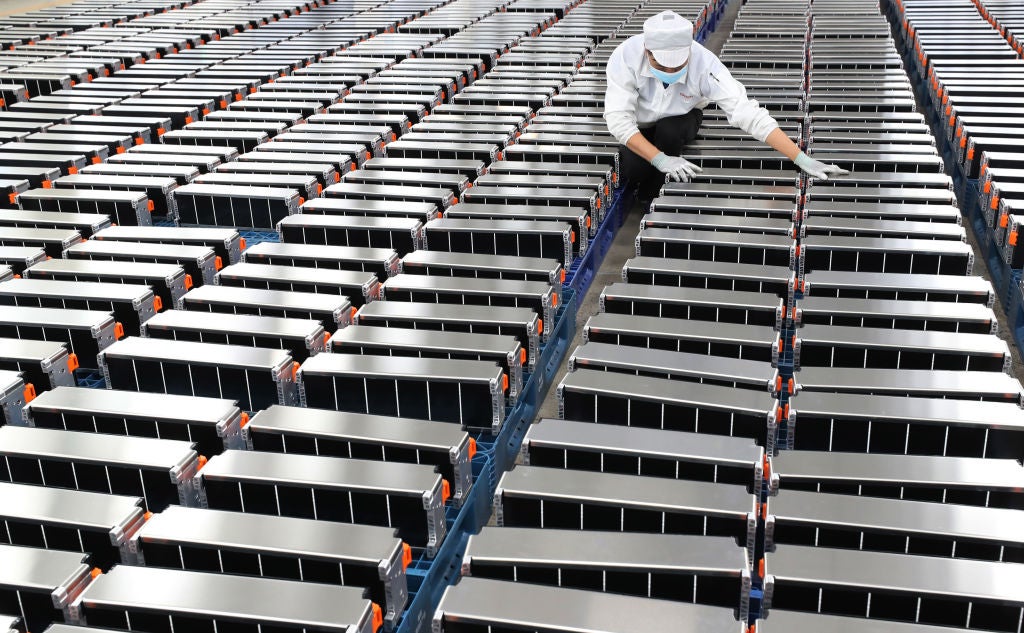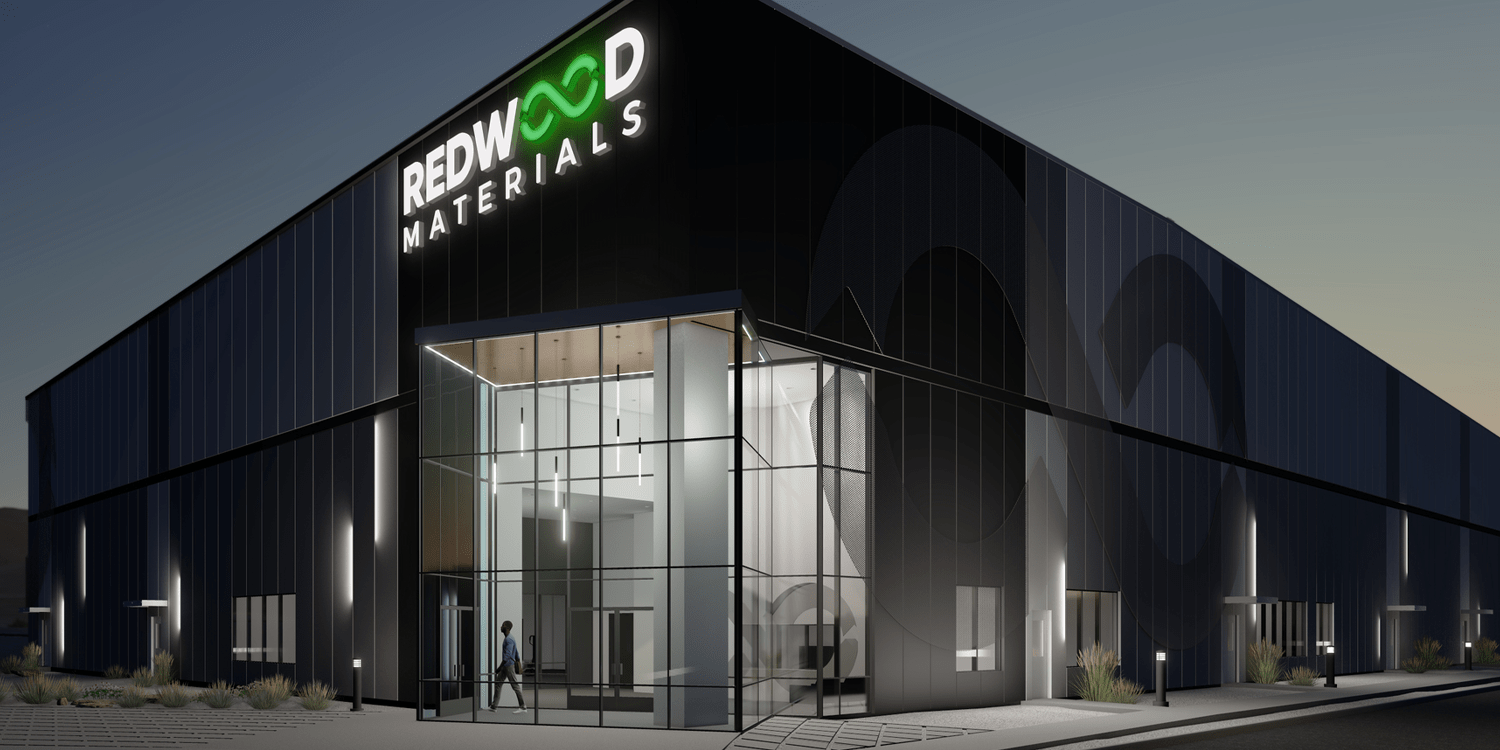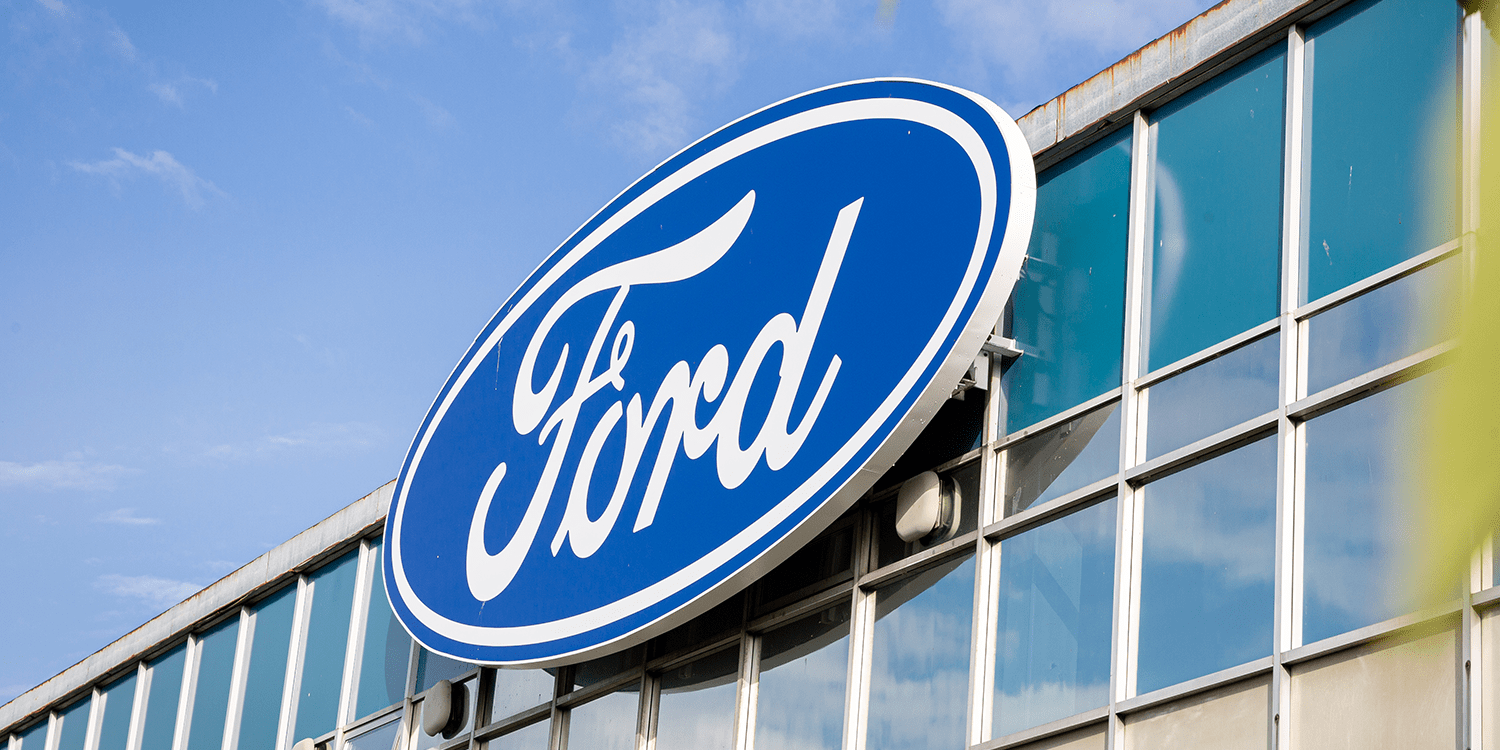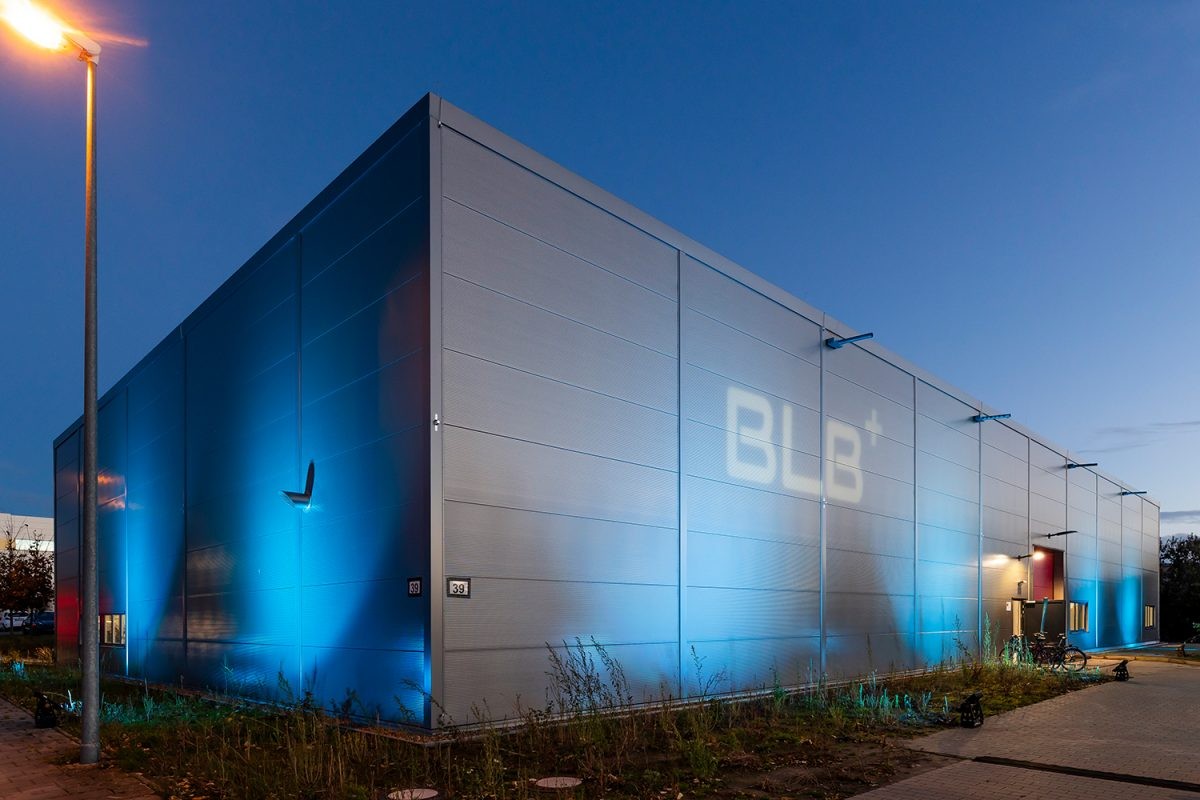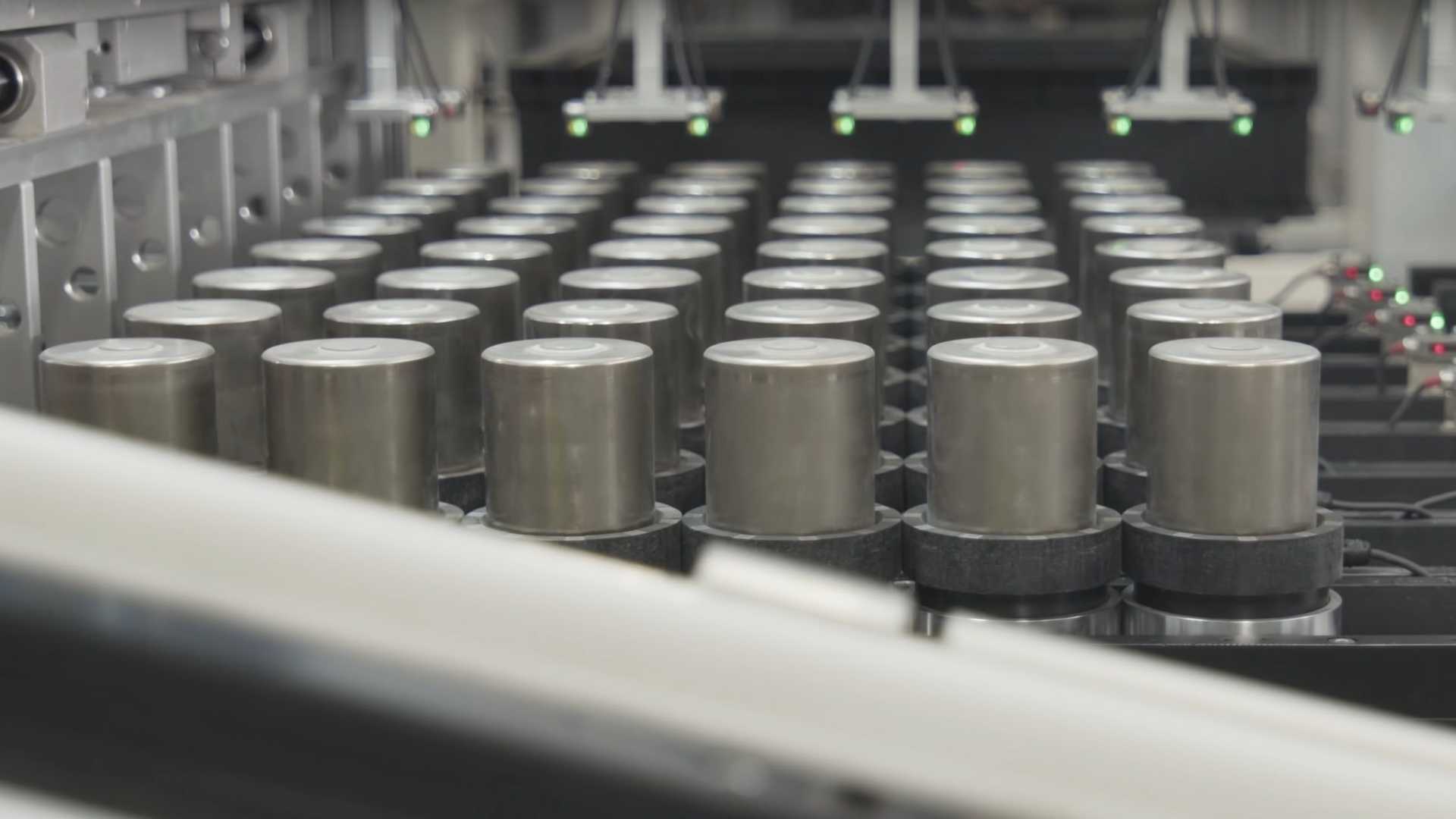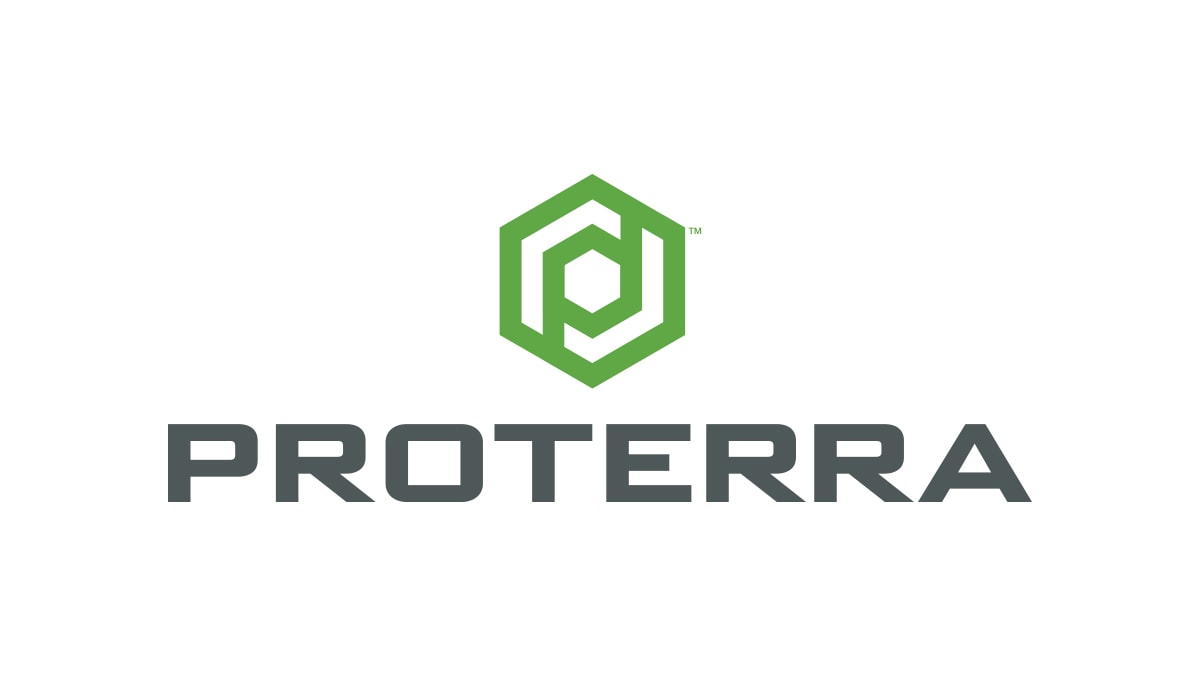Two influential U.S. senators, Senate Intelligence Committee Chair Mark Warner and Energy Committee Chair Joe Manchin, have sounded the alarm, urging the Department of Energy to prioritize boosting domestic battery manufacturing capabilities to keep pace with the growing demand. They assert that the United States is currently trailing “10 to 20 years behind Asia in the commercialization of battery technology,” with China maintaining a stronghold on over 75% of global battery cell production.
China’s dominance in the global electric vehicle (EV) battery supply chain stems from its firm control over a significant portion of the minerals essential for battery production. Recently, China sent shockwaves through the industry by announcing export controls on graphite, a critical component of lithium-ion batteries. As the world’s leading graphite producer, China refines over 90% of graphite used in virtually all EV battery anodes, potentially exerting a profound impact on global battery manufacturing endeavors.
This development coincides with mounting pressure on Chinese automakers from Europe, where concerns over manufacturing processes have led to the European Union initiating a formal investigation into the influx of inexpensive Chinese EVs into the European market. This investigation, spanning 13 months, may culminate in import duties or other restrictive measures. In contrast, the United States has imposed formidable barriers, such as tariffs that impose an additional 25% cost on Chinese EVs, augmenting a pre-existing 2.5% import tariff on vehicles.
“The U.S. must become a leader in manufacturing batteries and battery components, while securing our supply chains for the materials that make up those components,” the senators emphasized in their letter.
Comparatively, the United States’ contribution to lithium-ion battery production in 2022 amounted to less than 10%, while China dominated with a 70% share. Anticipated exponential growth in global demand for lithium-ion batteries, driven by the expanding EV industry, will necessitate a substantial increase in production capacity, with estimated requirements surging from approximately 700 GWh in 2022 to around 4.7 TWh by 2030, according to McKinsey.
In their letter, the senators advocate for greater U.S. leadership in the development of next-generation battery technology and “alternative chemistries” that could potentially reduce reliance on Chinese minerals. They further underscore the importance of collaborating with the Department of Defense to support the procurement of innovative, U.S.-developed energy storage technologies.

